How to Solve Acid Reflux with 7 Effective Home Remedies

If you have ever left a meal with a sore throat or an unsettled stomach, it could be more than the chef’s cooking that leaves a bad taste in your mouth. Chest pain, a burning sensation, and difficulty swallowing are all symptoms of gastroesophageal reflux disease.
Commonly known as acid reflux, this disease involves the process of food re-entering the esophagus from the stomach. The reflux that many people experience is a digestive disorder that occurs when your lower esophageal sphincter malfunctions and allows food to backflow from your stomach into your esophagus.
Typically, food will be partially digested in the mouth, flow through the esophagus, and pass the lower esophageal sphincter to enter the stomach. However, sometimes the sphincter may be weak or hyper-relaxed, and thus, acid reflux can occur.
Many people experience this phenomenon to different degrees, with the most common symptom being heartburn.
According to experts, there are three main causes of this phenomenon: poor clearance of food or acid from the esophagus; too much acid in the stomach; and delayed stomach emptying.
With various potential causes, there are a plethora of remedies to treat acid reflux before resorting to prescribed medications. In fact, natural remedies may be the healthiest way to treat acid reflux symptoms. As such, we’ve put together a list of 7 easy-to-follow home remedies to solve acid reflux:
- Don’t overeat or eat too quickly
- Lose weight if advised
- Reduce alcohol, cigarette and coffee intake
- Choose and avoid foods wisely
- Sleep on an incline
- Don’t eat late at night
- Drink alkaline water
1. Don’t overeat or eat too quickly
If your stomach becomes too full during one meal, it is possible that the food or acid will reflux into the esophagus. As such, it might be beneficial to slow down while you are eating to better gauge when you become full.
It takes about 20 minutes from when you start eating for your brain to send signals that you are full, which is why many North Americans actually eat too much too fast. Thus, eating at a slower, leisurely pace will not only reduce your calorie consumption, it will also aid in reducing the symptoms of acid reflux.
Eating too much too quickly can be a result of distractions during meals, like cell phones or television.
In an effort to slow down during mealtime, it might benefit you to turn off the TV and cell phone. This will help you concentrate on what you’re eating and help you to listen to your body and its signals.
Eating slowly is definitely not as easy as it sounds. Eating less at each meal might also make you feel hungrier sooner. Thus, you should be prepared to eat smaller, more frequent meals throughout the day – an act commonly referred to as “grazing”. Grazing during the day will allow your body to conduct its processes in a healthy time frame and reduce some of the pressures that often lead to acid reflux.
2. Lose weight if advised
Maintaining a healthy weight is beneficial for your overall health for a plethora of reasons and can reduce the risk of many common diseases.
Heart disease, high blood pressure, type 2 diabetes, gallstones, and certain cancers can be aggravated by a high body mass index (BMI). A healthy BMI is anything between 20 and 25 on the BMI scale, while overweight and obese individuals are between 25 and 30 or above 30, respectively.
Being overweight or having a high BMI can contribute to gastroesophageal reflux by putting pressure on the lower esophageal sphincter. With too much pressure being applied to it constantly, the lower esophageal sphincter will be stressed and unable to effectively reduce acid or food from back flowing into the esophagus, ultimately causing painful acid reflux and heartburn symptoms.
There are many factors that contribute to one’s weight, including family history, genetics, and environment. However, the methods to control body weight are relatively universal.
To maintain a healthy body weight, you should consider your body’s energy balance – how much food is entering your body versus how much energy is being burned through exercise and the basal metabolism. To reduce weight, try exercising more, reducing caloric intake, and limiting the time you spend being physically inactive during the day.
3. Reduce alcohol, cigarette and coffee intake
Alcohol and cigarette consumption pose significant health risks to virtually everyone, but especially those with pre-existing conditions like acid reflux and gastroesophageal reflux disease, GERD.
Besides the fact that smoking cigarettes damages virtually every organ in the body, quitting may further benefit your health if you suffer from gastroesophageal reflux disease or acid reflux. The nicotine in cigarettes has the ability to relax your lower esophageal sphincter and thus, cause acid to backflow into the esophagus.
Similarly, alcohol may exacerbate the symptoms of acid reflux. Like cigarettes, alcohol can promote relaxation in the lower esophageal sphincter and contribute to reflux. Furthermore, alcohol consumption can produce more acid in the stomach and hinder the esophagus’s ability to clear itself. Heavy drinking may exacerbate GERD and acid reflux symptoms in even healthy individuals.
This might be a tough pill to swallow, but even caffeine has the ability to relax the lower esophageal sphincter and thus may contribute to acid reflux.
Caffeine is a significant component of both coffee and tea, therefore, reducing consumption of these foods may be advised for those who suffer significantly.
However, if you can’t survive the day without a morning cup of coffee or tea, there may be ways to reduce caffeine intake without giving it up completely.
Coffee drinkers may opt for darker roasts or instant coffee, which both contain less caffeine than their lighter roast counterparts. Tea drinkers may substitute caffeinated teas with herbal alternatives.
4. Choose and avoid foods wisely
While reactions to foods differ widely throughout the population, there are certain foods that are a common cause of chronic acid reflux.
These foods and substances will aggravate the esophagus and relax the lower esophageal sphincter. As previously mentioned, nicotine, caffeine, and alcohol are common triggers for acid reflux, however, the list is far more extensive. Common food triggers include chocolate, fatty foods, spicy foods, and mint.
It is important to listen to your body and recognize which foods consistently exacerbate acid reflux, as each person is unique. However, there are resources available for people who are still trying to identify their food triggers.
A good rule of thumb is to focus on consuming healthy, alkaline foods that fuel your body in a positive way. By improving overall health, you can reduce many of the painful symptoms of acid reflux.
Acid in the stomach can easily be alleviated by alkaline fruits, vegetables, and water.
Many people may wonder whether lemon is good for acid reflux, and research indicates that it can actually be beneficial.
While lemons are acidic outside of the body, small amounts of lemon juice mixed with water can actually have alkalizing effects in the body and reduce the symptoms of acid reflux.
If you decide to try lemon for an at-home heartburn or acid reflux remedy, mix about 1 tablespoon of lemon into a glass of water. To reduce acid reflux symptoms, the lemon water should be consumed about 20 minutes prior to eating.
Similarly, many people turn to pickle juice for acid reflux relief. However, experts suggest that more research needs to be done before these claims can be considered legitimate. Many of the healthy bacteria found on cucumbers are actually eliminated during the processing and fermentation of pickles. Thus, the jury is still out on whether pickle juice can alleviate heartburn and acid reflux symptoms.
5. Sleep on an incline
For those experiencing extreme acid reflux, sleeping on an incline can reduce some of the painful symptoms.
Using gravity to your advantage will help acid flow in one direction. There are even specific pillows designed for those who suffer from gastroesophageal reflux disease that elevate your head, torso, and neck so that you remain upright during the night.
6. Don’t eat late at night
Even though you follow a busy life and barely have time to squeeze in a quick dinner, you shouldn’t leave it until the end of the day. It can be difficult to set aside time in the early evening for dinner, but it may significantly alleviate acid reflux symptoms at night. Even a little snack before bed can worsen heartburn and chest pain related to acid reflux.
In fact, certain foods not only trigger acid reflux, but some may take longer to digest. Foods that are high in fiber or fat will sit in your stomach longer and should be avoided before lying down.
Again, gravity can significantly help in reducing the symptoms of acid reflux. Therefore, it is advised to stay upright right after eating. Whether it is sitting or standing, keeping your torso vertical will help food and acid flow in one direction rather than back-flowing into the esophagus.
It takes about three to four hours for food to clear the stomach after eating, thus, it is advisable to wait this long before going to bed. Ultimately, you should avoid eating right before bed, taking naps right after lunch, or indulging in any midnight snacks. In fact, limiting late night snacks may also improve the quality of your sleep and consequently help you feel more energized in the morning.
7. Drink alkaline water
Staying hydrated with clean water is a crucial component of maintaining overall health and effective digestion.
Alkaline water in particular is an efficient and effective way to tackle acid reflux and its symptoms. Alkaline water has a high acid-buffer capacity which can deliver quick acid reflux relief.
The high pH in alkaline water can reduce acid in the stomach and balance your body’s overall pH. Furthermore, it’s free from chemicals and is a more cost-effective solution than over-the-counter medications to treat acid reflux.
Santevia offers a wide variety of products that can easily transform tap water into clean, mineralized, alkaline water. The MINA Alkaline Pitcher features a convenient and compact filter that provides alkaline water to you and your family within minutes and keeps everyone hydrated.
For a more comprehensive option, the Santevia Gravity Water System is for you. It is crafted for performance and offers you and your family the highest level of filtration paired with incomparable taste. The Gravity Water System reduces chlorine, fluoride, lead, microplastics, herbicides and other harmful contaminants while preventing gastroesophageal reflux by delivering alkaline water.
If your lifestyle demands quick and portable water filter options, then the Recovery Stick or Power Stick might be more suitable. Both of these products allow you to stay hydrated on the go while preventing acid reflux. Place the stick in your water bottle, shake, and enjoy chlorine-reduced, alkaline water in just minutes. Visit the Santevia catalog to browse a variety of products that will keep you and your family, healthy, hydrated, and alkaline.
Conclusion
If you’re tired of experiencing the painful side effects of heartburn and acid reflux, there are many avenues to pursue. The easiest change you can make to your day-to-day life is consuming alkaline fruits and vegetables.
Mineralized, alkaline water is also a good option. Santevia offers a wide variety of cost-effective filter products that will alkalize and mineralize your drinking water.
If you’re looking for something to suit your busy, on-the-go lifestyle, the Power stick is for you. The Gravity Water System is a comprehensive solution for your health needs. It provides nine steps of filtration that produce alkaline, mineralized water for your whole family.
Visit our catalog and take the first step in reducing acid reflux.

